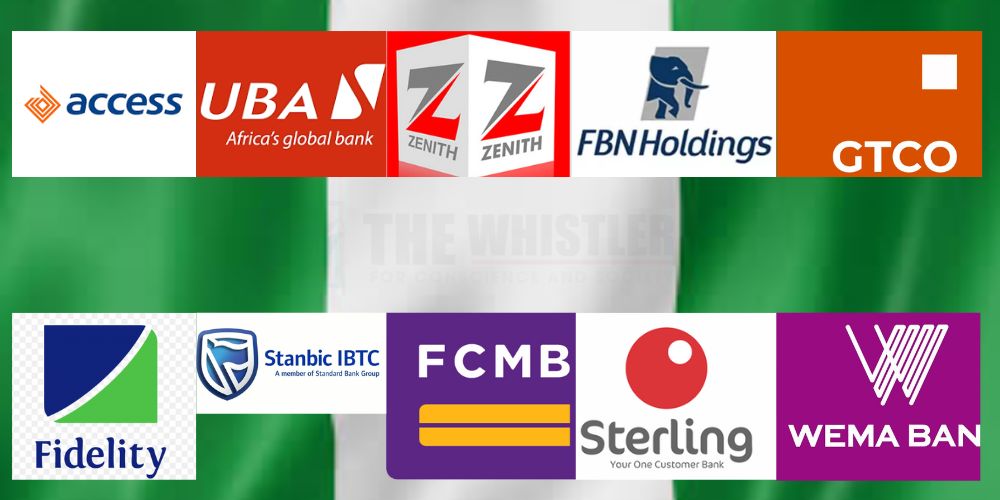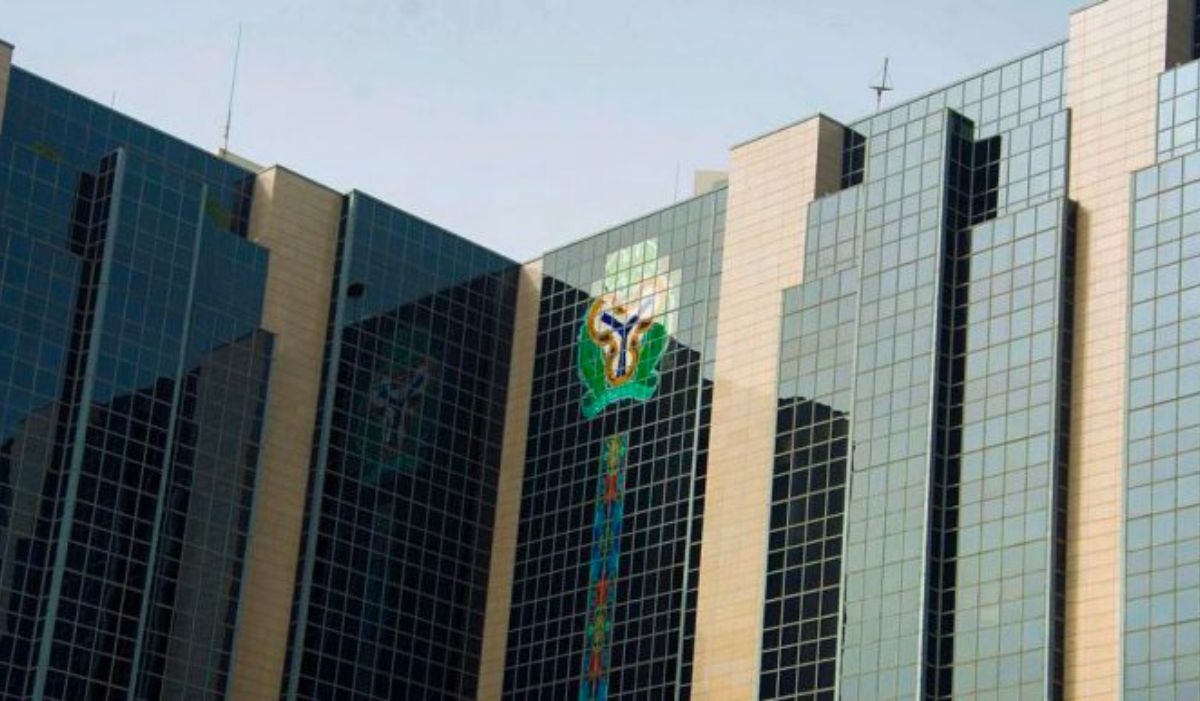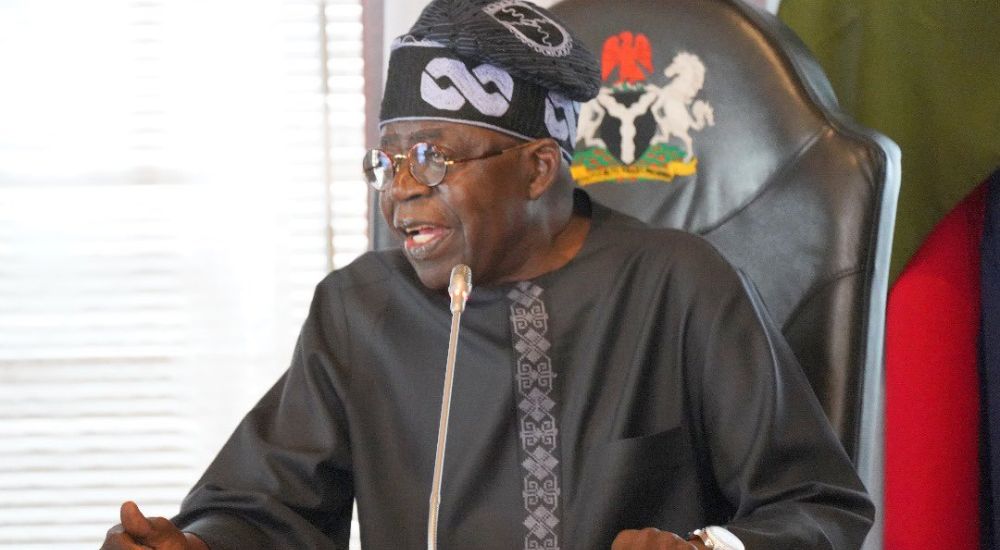CBN’s Dividend Suspension Sparks Uncertainty Among Banks

The Central Bank of Nigeria’s recent policy directive suspending dividend payments, bonuses, and new foreign investments by banks operating under regulatory forbearance has sparked widespread concern across the financial markets, as analysts and stakeholders question both the intent and the communication of the measure.
The circular, dated June 13, 2025, has introduced a fresh wave of uncertainty at a time when Nigerian banks are already navigating complex capital raising efforts to meet the apex bank’s recapitalisation mandate.
Under the directive, banks currently benefiting from regulatory forbearance—particularly those granted concessions on credit exposures and breaches of the Single Obligor Limit (SOL)—are now restricted from distributing dividends to shareholders, deferring bonuses to directors and senior management, and investing in foreign subsidiaries or offshore ventures.
According to the CBN, these measures are necessary to strengthen capital buffers, reinforce balance sheet resilience, and encourage the internal retention of capital amid ongoing macroeconomic reforms.
However, the policy does not specify which institutions are affected, nor does it provide a timeline for compliance, raising questions about its immediate impact and long-term implications for investor confidence and banking sector stability.
Analysts at Emerging & Frontier Capital (EFC) welcomed the broader objective of the policy but criticised the manner in which it was communicated and implemented.
The firm expressed concern that the directive contradicts the CBN’s earlier stance, encouraging banks to shore up capital through market-based solutions.
The analysts questioned whether the central bank truly wants institutions to raise capital or not, noting that the dividend suspension—coming after the now-shelved proposal for a windfall tax—could be seen as a second attempt at undermining recapitalisation efforts.
The analysts argued that a more targeted approach would have been preferable, particularly given that the CBN already exercises oversight over dividend policies, executive compensation, and foreign expansion strategies.
Market observers also speculated that the directive may have been a reaction to Access Holdings’ recent decision to declare an interim dividend of ₦1 per share, more than double the 45 kobo paid during the same period last year.
Instead of issuing a sweeping policy, critics suggest the CBN could have communicated its concerns directly to the affected institutions.
EFC noted that while blanket rulings may be administratively efficient, they risk distorting the market by penalising institutions indiscriminately, regardless of their underlying financial health.
The lack of transparency regarding which banks are currently under regulatory forbearance has only deepened investor concerns.
Although the CBN did not name specific institutions, analysts believe that only Guaranty Trust Holding Company (GTCO) has fully exited all forbearance regimes and may therefore remain eligible to pay an interim dividend.
GTCO had previously disclosed during its FY24 investor call that it had cleared all regulatory concessions and credit forbearance, positioning it favourably under the new regime.
In contrast, peer institutions such as Access Holdings, FBN Holdings, United Bank for Africa (UBA), Stanbic IBTC, and Zenith Bank are all believed to still be benefiting from one form of forbearance or another, making them likely targets of the CBN’s dividend freeze.
Further insight from Stanbic IBTC Stockbrokers suggests that banks with high exposures to foreign currency loans, elevated Stage II loan balances, and concentrated risks in the oil, gas, and power sectors could face heightened vulnerability under the new directive.
However, strong non-performing loan (NPL) coverage ratios may help mitigate some of the risk.
According to the Executive Director of Equity Sales at Stanbic IBTC Stockbrokers, Idris Toriola, the ongoing capital raise initiatives across the banking industry could serve as a buffer by boosting shareholders’ funds and aiding compliance with SOL thresholds.
Some banks have already disclosed progress in managing their forbearance exposures.
Zenith Bank reported a reduction in loans under forbearance from eight to five per cent in the first quarter of 2025, with three per cent loans already upgraded from Stage II to performing status.
Fidelity Bank disclosed that approximately 10 percent of its loan portfolio remains under forbearance, although half of those assets are showing signs of recovery. These disclosures, however, remain limited and voluntary, underscoring the broader issue of opacity in regulatory communications.
Despite the regulatory overhang and the likelihood of short-term market volatility, analysts believe that the policy could present strategic buying opportunities for long-term investors, particularly in fundamentally strong institutions such as GTCO and Zenith Bank.
They noted that the anticipated market reaction may trigger panic selling, but disciplined investors could take advantage of lower valuations in the coming sessions.
Nevertheless, concerns persist about the clarity, fairness, and execution of the directive. The absence of a defined compliance timeline and the non-disclosure of banks under forbearance have created a vacuum of information, making it difficult for market participants to fully assess the policy’s scope and potential fallout.
Analysts have called on the CBN to provide greater transparency and communicate more effectively to avoid undermining investor confidence at a time when the banking sector is expected to play a critical role in Nigeria’s economic recovery and financial stability.
CBN’s Dividend Suspension Sparks Uncertainty Among Banks is first published on The Whistler Newspaper




